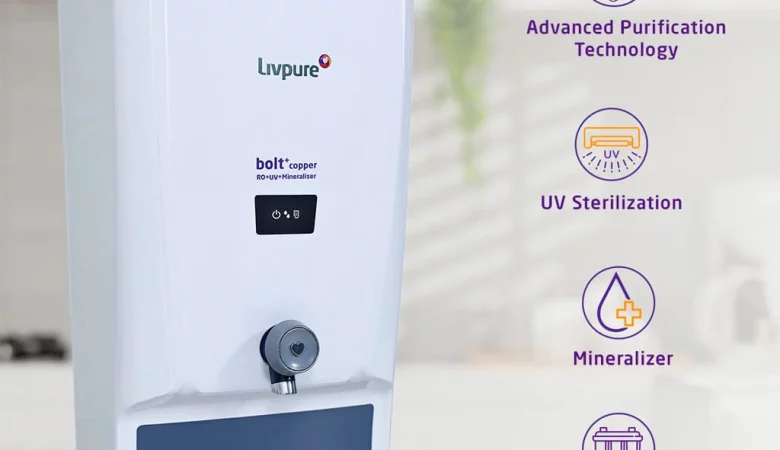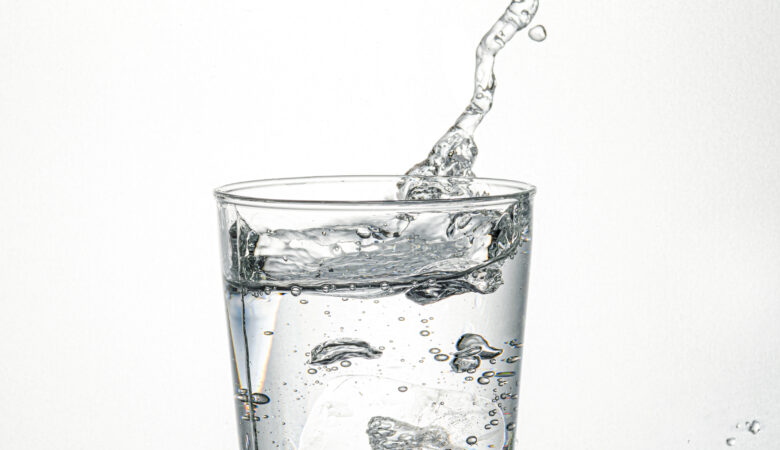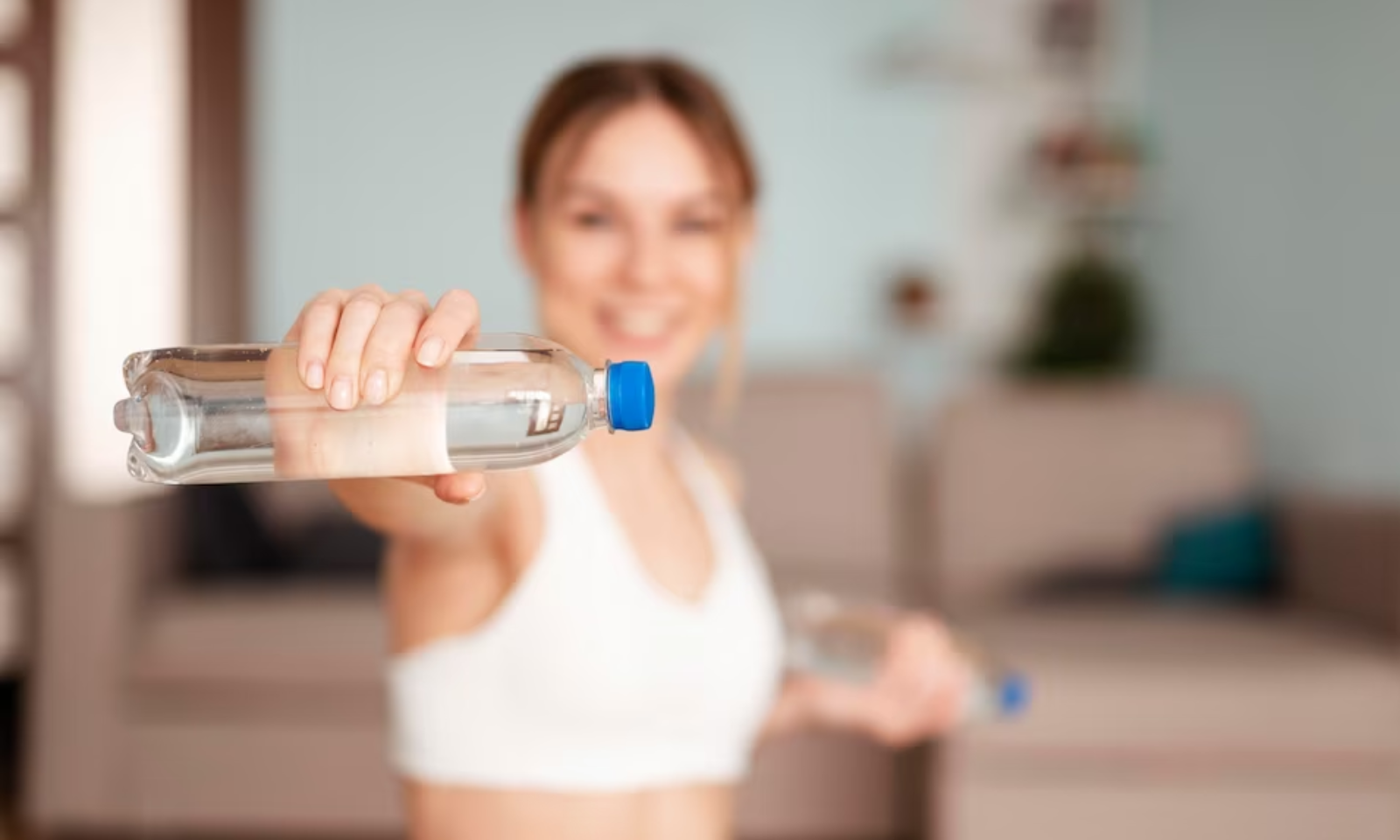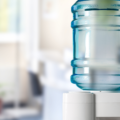The dry air and low humidity of winter can be extremely taxing on your body, causing your skin and parts of the body to be drier and stressed. Even if your body’s sensitivity to thirst is lessened when the temperature is lower, it is just as important to maintain a healthy level of hydration in winter months as it is during the warmer summer months. However, water is essential to our being. It would appear that water is the answer to all of our problems. Do you have to shed some pounds? Drink water. Want your skin to be clearer? Drink water. Do you have a migraine? Drink water. In addition, dehydration can have a significant negative effect on your general health.
Maintaining a healthy level of hydration in winter is essential to overall good health. Extreme cases of dehydration can cause a variety of unpleasant side effects, including headaches, swollen feet, and even illnesses that are potentially fatal, such as heat stroke.
Consuming meals like fruits and vegetables that have a high water content, such as drinking water or eating foods that contain a high percentage of water like fruits and vegetables, is the greatest approach to staying hydrated. In addition, electrolytes are essential if you are engaging in strenuous physical activity or if you are already experiencing signs of dehydration such as a headache or dizziness.
Follow these five pieces of advice to ensure that you are maintaining proper hydration and keeping your heart healthy.
-
Make sure you’re drinking the appropriate amount for yourself.
Everyone is different and has varied requirements for how much water they should drink. For example, athletes have a greater need to maintain adequate hydration levels than someone who does only little activity. To determine how many ounces of water you should strive to consume each day, a good rule of thumb is to split your body weight in half and then drink that number of ounces. If you have heart failure, you should consult your physician regarding the appropriate amount of fluid intake. People who have heart failure are often advised by medical professionals to restrict their daily fluid consumption to no more than 8 cups, regardless of the source.
-
Carry a bottle of water with you at all times during the day.
If you carry water with you throughout the day, you increase the likelihood that you will maintain a consistent level of hydration. If you wait until you feel thirsty, you will have experienced some degree of dehydration already. Take frequent sips of water throughout the day, especially if you plan on being active, and drink more fluids than you normally would when the temperature is high. Locate your go-to refillable water bottle and keep it within reach at all times.
-
At regular intervals throughout the day, remind yourself to drink water by setting an alarm or other reminder.
A simple reminder to keep up with your water consumption will help you stay on track, and you can do this in a variety of ways, including downloading a water app or setting a reminder in the calendar of your email account.
-
Keep an eye on how much coffee and alcohol you consume.
Caffeine and alcohol are two chemicals that, when used in excessive amounts, can cause a person to become dehydrated. Both coffee and tea include the stimulant caffeine, which, due to its action as a diuretic, can cause a temporary loss of hydration if consumed in excessive amounts. Be sure to drink enough water to replenish your fluids after drinking coffee in the morning or a nightcap before going to bed.
-
Add some taste.
If you find the taste of plain water to be uninteresting, you can spice it up by adding slices of fresh fruit or a little splash of fruit juice. Those who find the taste of water to be unappealing may find that drinking it is less of a chore if natural tastes derived from fruits are added. You might also try drinking clear broths, ice pops, or sports drinks, particularly if you are engaging in strenuous physical activity. Just be sure to cut back on your intake of alcohol and coffee.
Stay away from sugary and highly caffeinated drinks and reach for a tall glass of water the next time you feel thirsty. You’ll feel much better about it. Your physical self will undoubtedly be grateful to you for it.
If anyone in your family is sick, pay close attention to how much fluid they can consume, paying particular attention to how much younger children and older people can drink. Anyone who is experiencing symptoms such as fever, vomiting, or diarrhea should consume a lot of fluids. Avoid waiting for the symptoms of dehydration to manifest before taking action.
Dehydration symptoms
Maintain vigilance for any of the following symptoms of dehydration in either children or adults:
- Urine with a darker color than is typical
- Not urinating despite steadily drinking water
- Muscle cramps
- Having bad breath
- Fatigue
- The flu or the chills
- Craving sweets
- Dry skin and mouth
- A rapid rate of heartbeat
- Irritability
- Confusion
- Drowsiness
Take a glass of the ORS solution if you feel as though you have not been keeping yourself adequately hydrated. The process of rehydration can be sped up by using an ORS. A hypotonic solution, such as oral rehydration salts (ORS), has a lower concentration of electrolytes than the body has; as a result, the body can absorb salts and fluids from the hypotonic solution more quickly. In the grand scheme of things, this can lead to quicker rehydration as well as quicker recovery from dehydration.
About Livpure
To get the most benefit from water, invest in one of the best water purifiers. Drinking clean water is as important as being hydrated. A good UV water purifier or RO water purifier can decrease instances of diseases. The price of water filters is not too high compared to the many benefits they can give you. Take a look at the Livpure water purifier range to find the best water purifier for your family.








